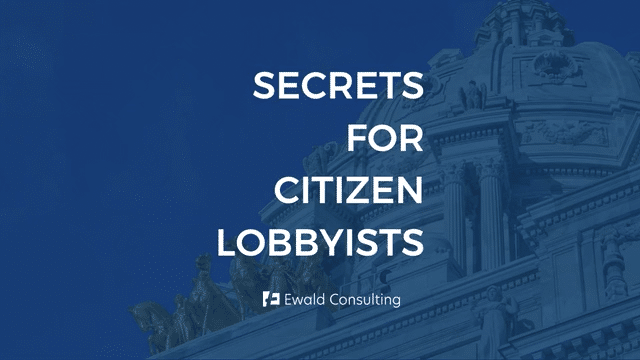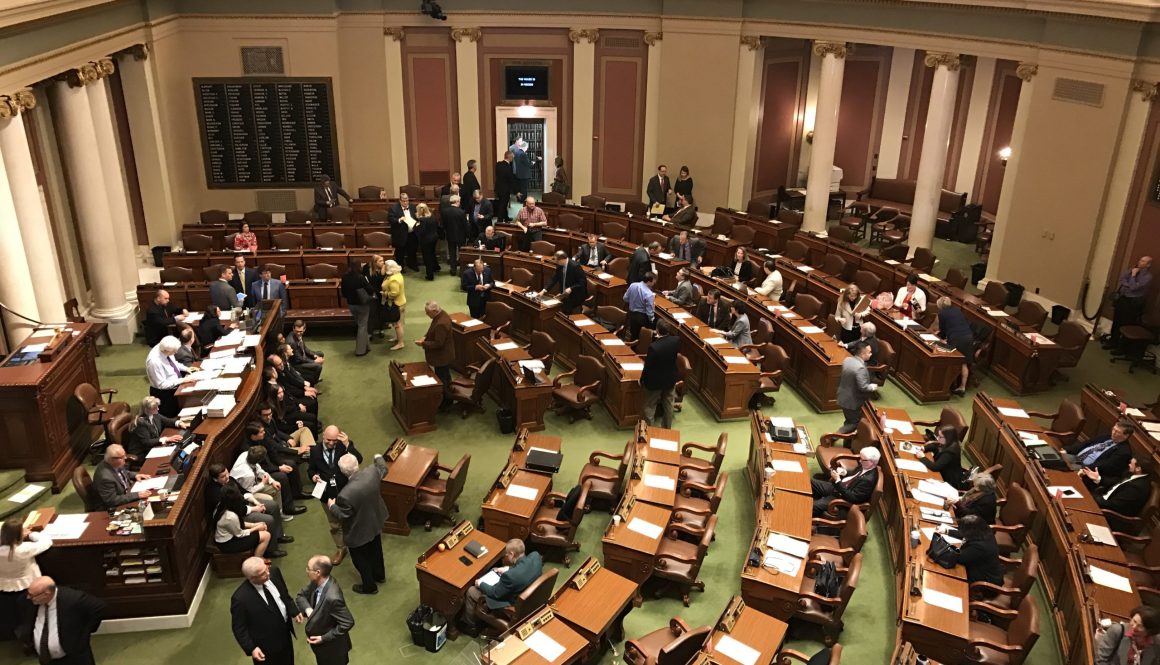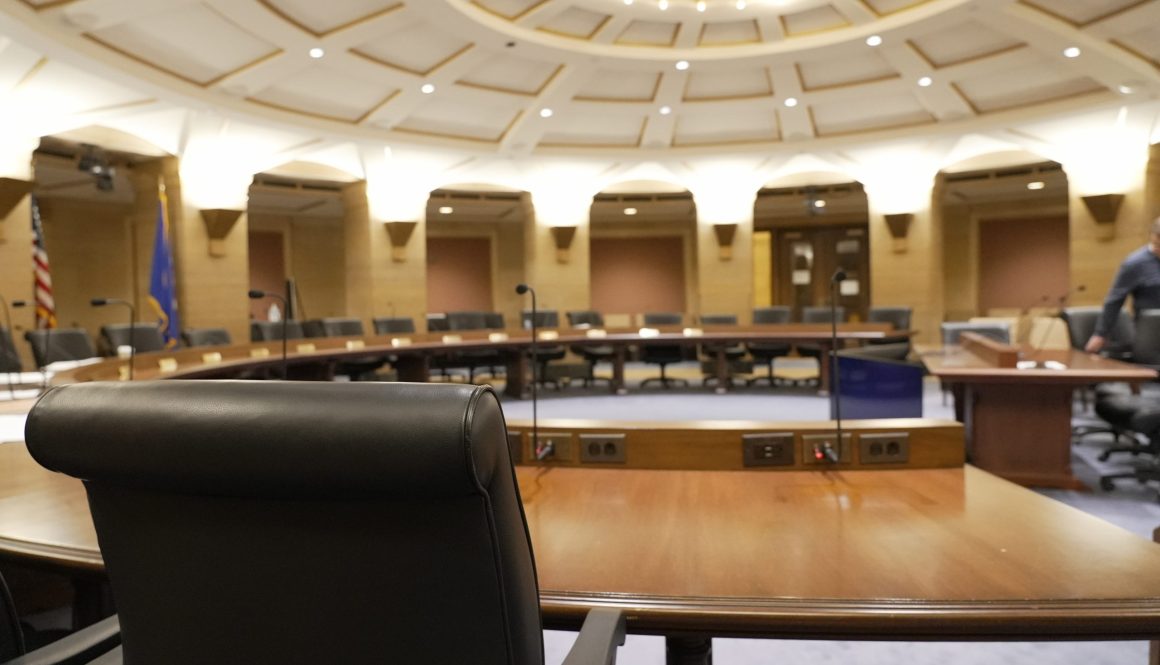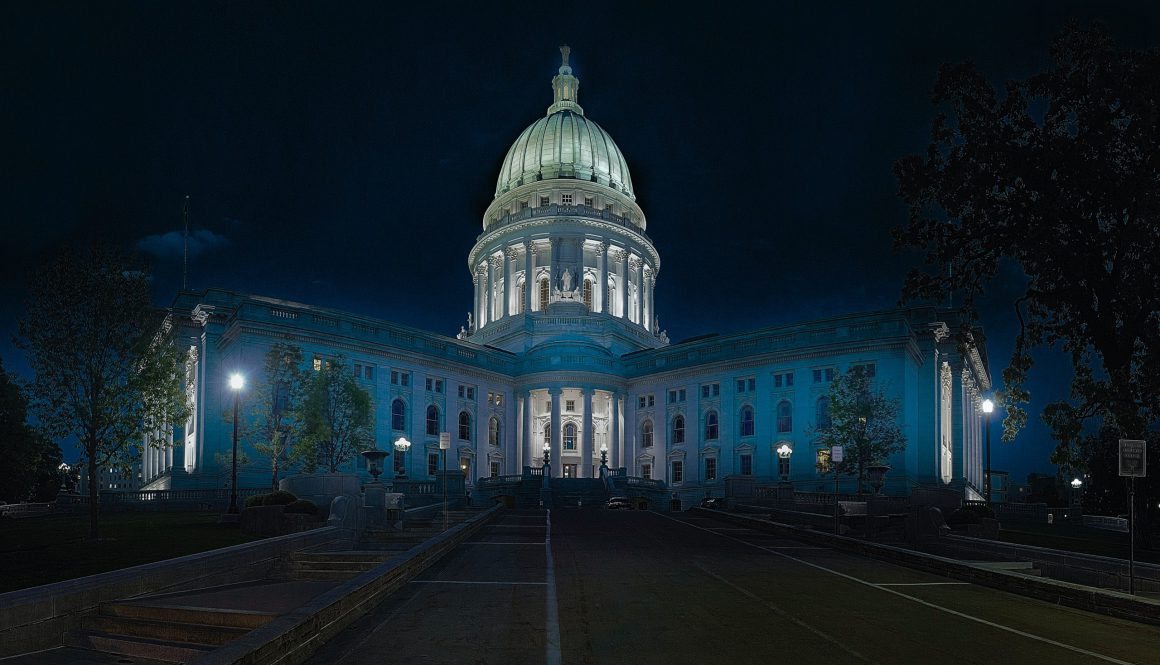The Impact of Citizen Testimony: Real Stories from the Capitol
Introduction
The legislative process can often seem opaque and inaccessible to the average citizen. However, personal testimonies from constituents play a crucial role in shaping policy decisions. In this post, we’ll share real stories of how citizen testimony has made a significant impact at the Minnesota Capitol, illustrating the power of public engagement. For more inspiring examples and practical advice, watch our video on testifying before the Minnesota legislature.
The Role of Citizen Testimony
Citizen testimony provides legislators with valuable insights and firsthand accounts of how proposed laws affect their constituents. Unlike lobbyists, who represent specific interests, citizens speak from personal experience, making their contributions unique and highly impactful.
Case Study 1: Affordable Housing Initiative
One powerful example of impactful testimony comes from a recent affordable housing initiative. A constituent who had benefited from housing vouchers shared her story before a legislative committee. She detailed how the vouchers helped her transition from homelessness to stable housing and eventually to home ownership. Her testimony highlighted the real-life benefits of the program, helping to sway undecided legislators and secure additional funding for the initiative.
Case Study 2: Environmental Protection Bill
Another compelling story involves an environmental protection bill. A local farmer testified about the detrimental effects of pollution on his crops and livelihood. He provided data on crop yields and health issues in his community, linking them directly to pollution from nearby industrial activities. His detailed, fact-based testimony helped pass stricter environmental regulations, protecting both the environment and public health.
Why Your Testimony Matters
These stories underscore the importance of citizen engagement in the legislative process. Here’s why your testimony can make a difference:
- Humanizing Policy Issues: Personal stories help legislators understand the human impact of their decisions.
- Providing Expertise: Constituents often have valuable knowledge and experience that can inform better policymaking.
- Influencing Outcomes: Well-crafted testimony can sway undecided legislators and build support for or against a bill.
Tips for Effective Testimony
To make your testimony as impactful as possible, consider these tips:
- Be Authentic: Share your personal story, share the truth and speak from the heart. Authenticity resonates more than rehearsed speeches.
- Be Prepared: Research the bill and understand as best as you can its implications. Provide data and evidence to support your points.
- Be Concise: Respect the committee’s time. Focus on the most important points and stay within the allotted time.
Conclusion
Public testimony is a powerful tool in the committee process. By sharing your experiences and insights, you can help shape the laws that govern your community and state. For more real-life examples and guidance on how to make your testimony effective, watch our video on testifying before the Minnesota legislature. Remember, your voice matters. Engage with your legislators, testify before committees, and make a difference in the lives of Minnesotans.






